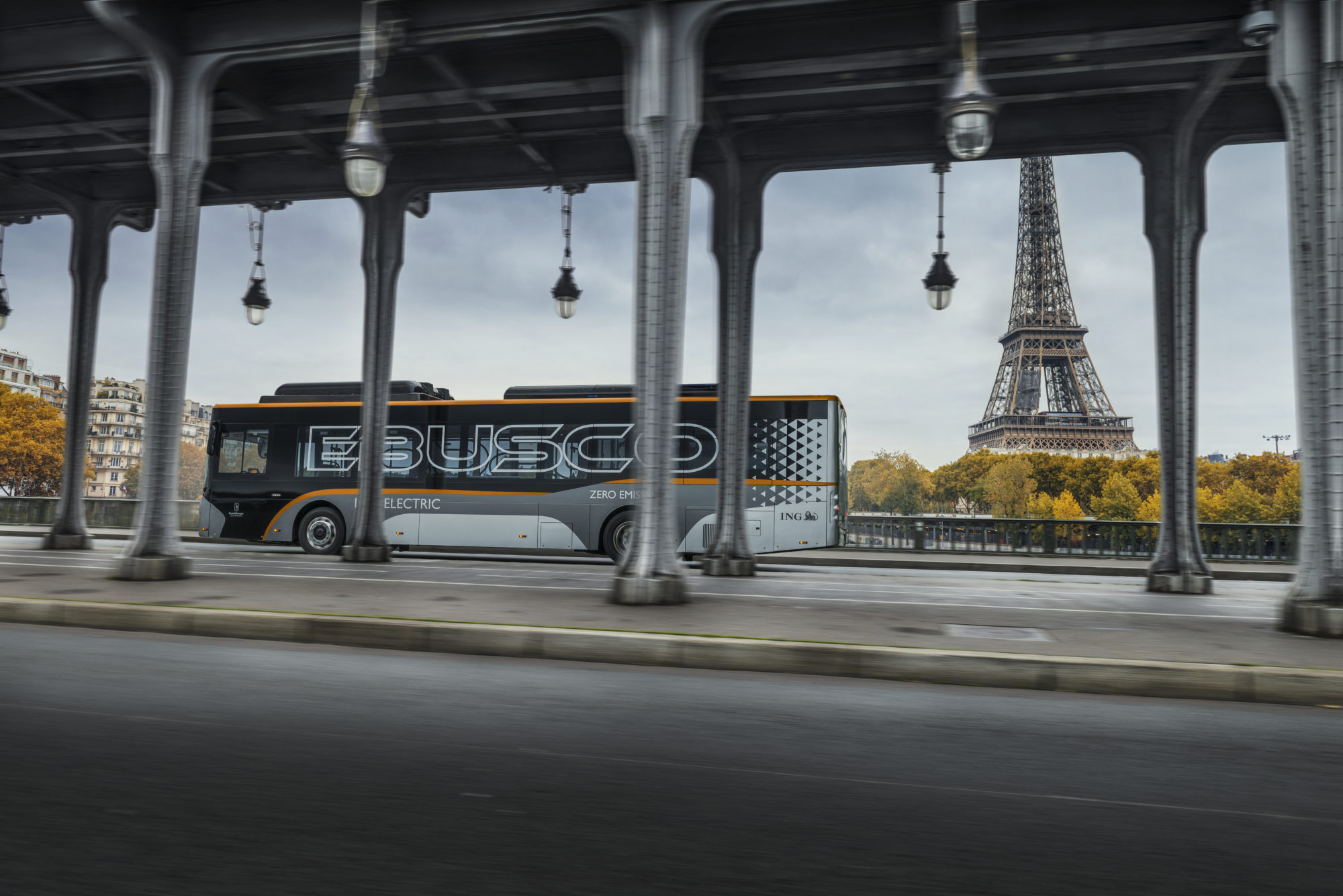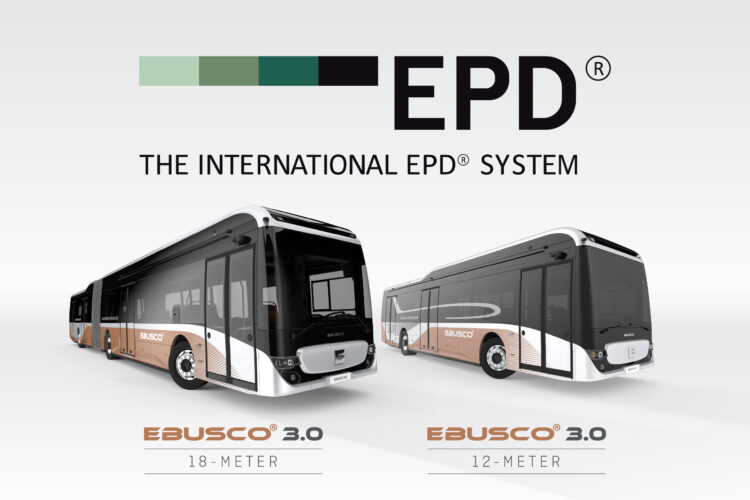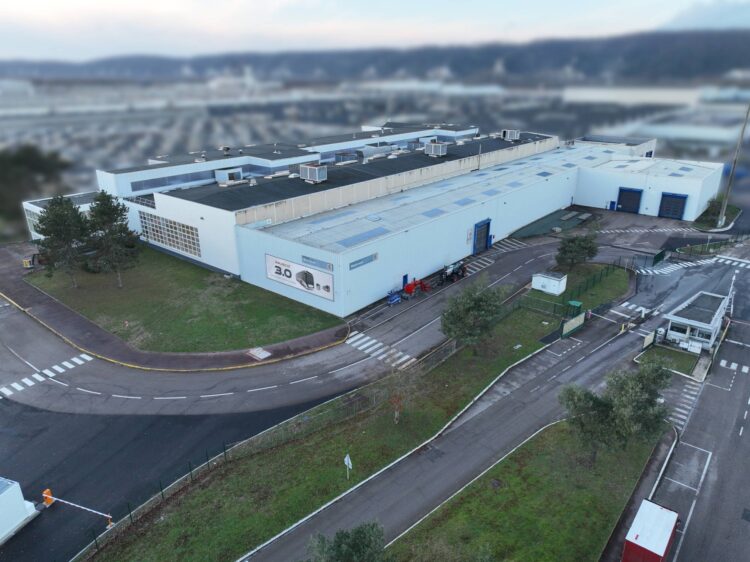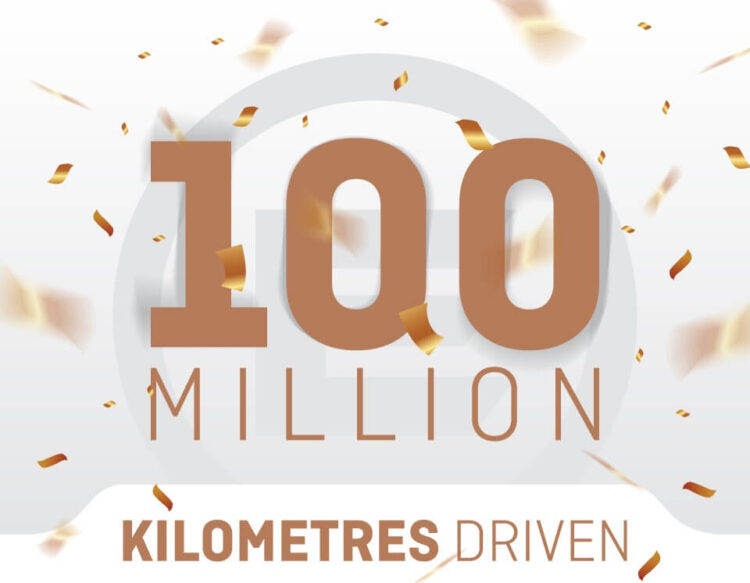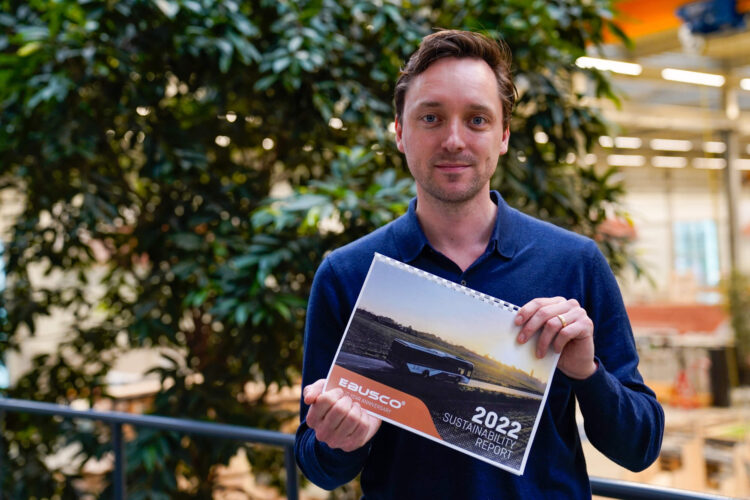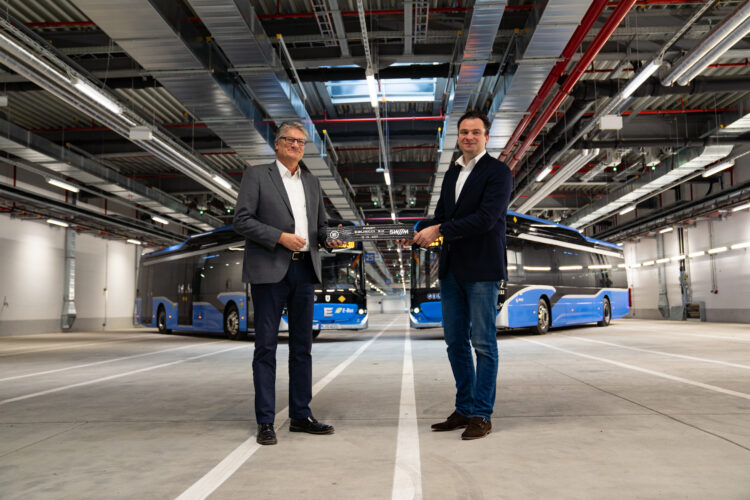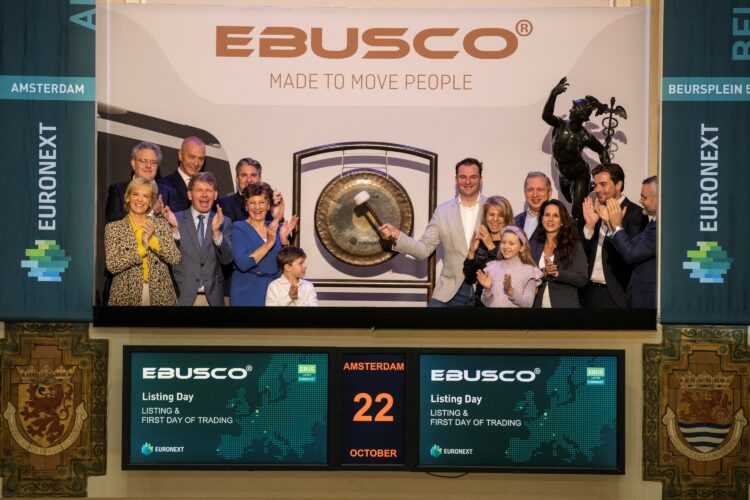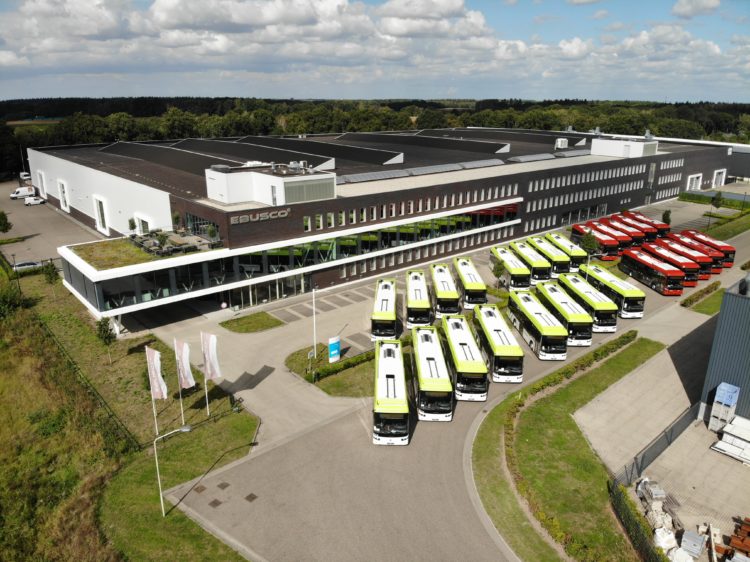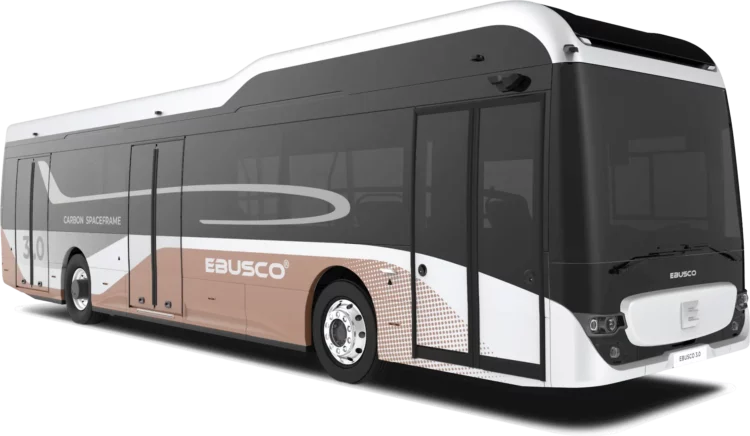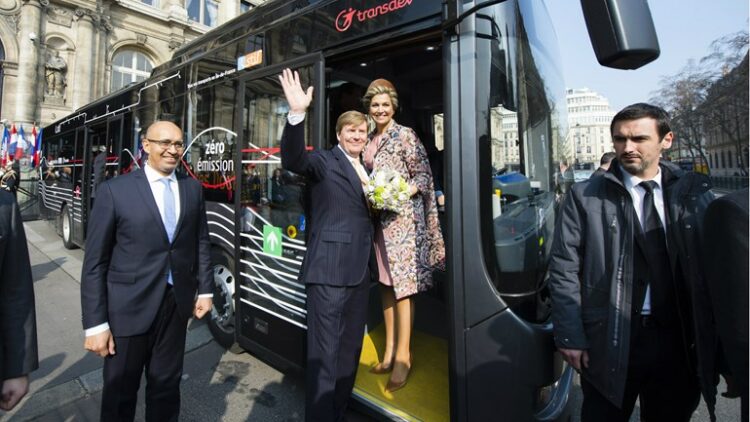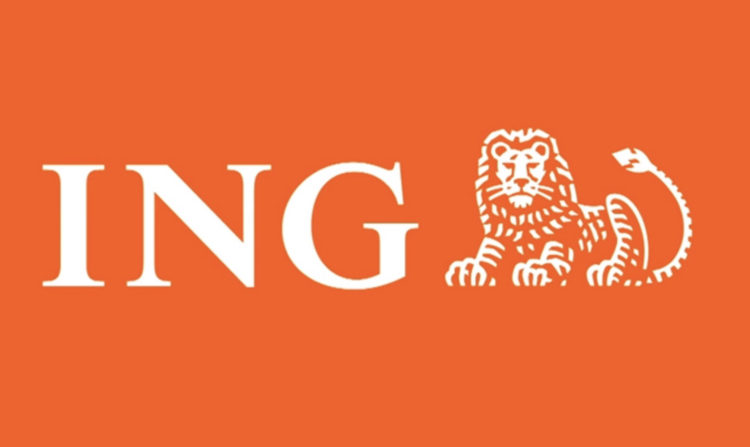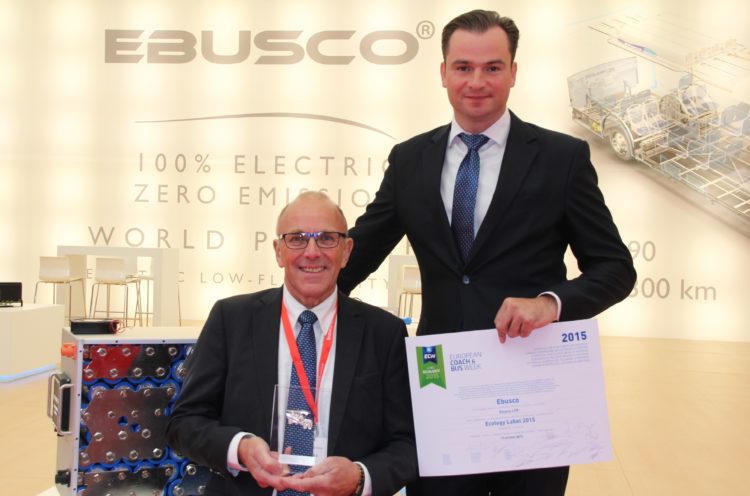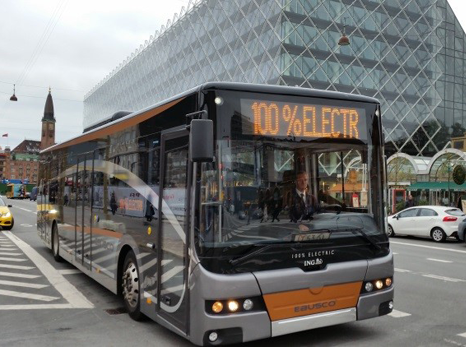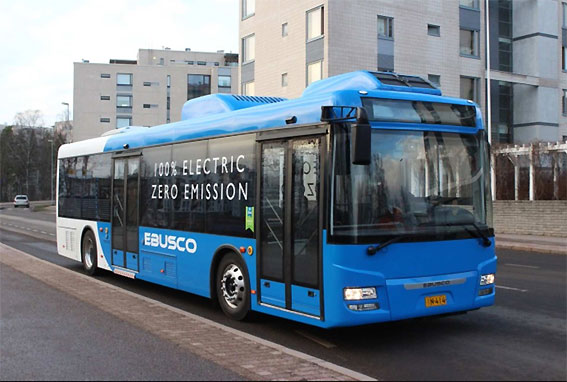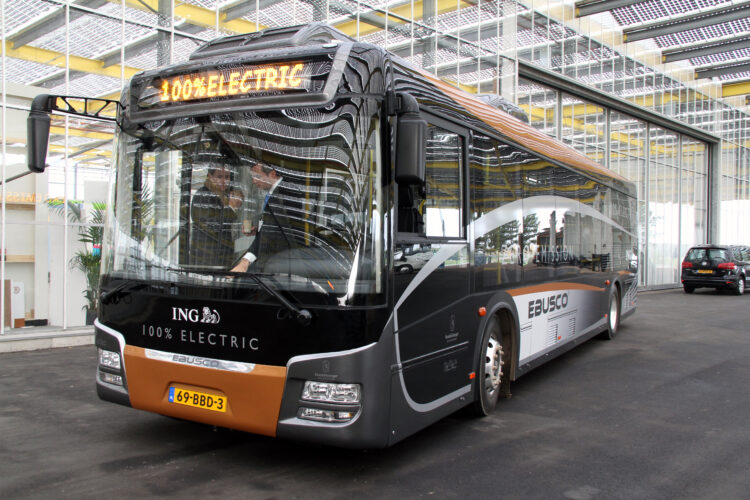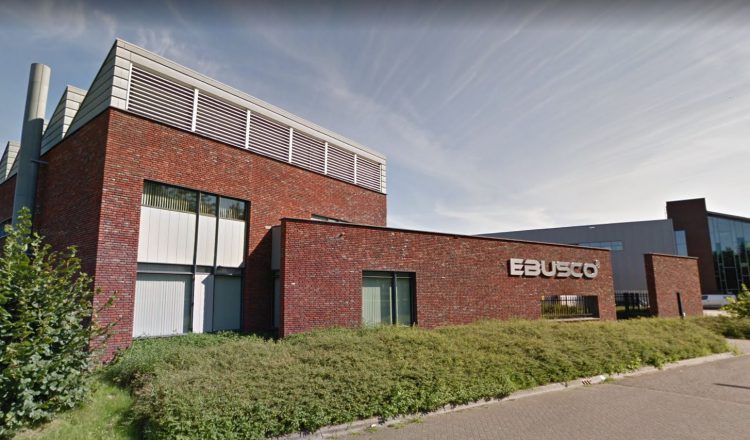Establishment
As early as 2010, Peter Bijvelds started thinking about the idea that electric buses could be a solution for various challenges facing us, such as air quality in cities and sustainability. Peter Bijvelds initiated the Ebusco project as a start-up enterprise in what was then still a niche market. Ebusco quickly found that it was focusing at a market that did not yet exist. The product-idea started with a “perfect combination of electrical components and a fitting range of other components”. In 2012, two years after the project phase, Ebusco BV was officially established.
Our many years of experience and know-how gives us a huge lead
From the very beginning we aimed persistently at the development of the best electric bus. We are not hindered by the legacy that established makers of diesel buses have to deal with every day. We combine proven technology, new insights and flexible techniques, with a balanced mix of people from within the sector and beyond, in order to bring about an innovative and creative environment. We were the first European manufacturer to obtain EU approval for electric buses!
Our “can-do” attitude has enabled us to expand from the fire station in Helmond, where Ebusco started in 2012, to a team of more than 400 employees in the modern premises in Deurne. Our employees’ knowledge and skills are now applied to developing, producing and distributing the mobility solutions of the future.
 English
English  Nederlands
Nederlands  Deutsch
Deutsch  Français
Français  English (Australia)
English (Australia) 